Meta Title: Property Types for Freddie Mac Loans in Dallas
Meta Description: Discover how a Freddie Mac loan can support your investment in multifamily, retail, industrial, and more property types in Dallas with expert help from Grander Capital.
Introduction
Freddie Mac has played a steady role in supporting real estate investors by offering long-term financing options through lenders approved to deliver loans under its programs. Though often associated with single-family homes, Freddie Mac loans can also apply to a range of commercial real estate assets. That opens doors for developers and operators who are looking for stable, long-term debt to support income-generating properties.
If you’re based in Dallas and thinking about a Freddie Mac loan, it helps to know which property types actually qualify. The answer depends on several factors, including the nature of the property, how it’s used, and how it’s managed. This breakdown focuses on those property types and how they fit into Freddie Mac’s structure so you can position your asset correctly during the application process.
Multifamily Properties
Multifamily assets make up the largest focus area for Freddie Mac’s commercial loan programs. These include buildings that house multiple rental units and are usually owned and operated by investors with long-term plans. They’re seen as relatively stable from a lending perspective, especially in a metro like Dallas where housing demand remains strong.
A Freddie Mac loan typically applies to properties like:
– Garden-style apartment complexes
– Mid-rise or high-rise residential buildings
– Student housing (with specific lease structures)
– Manufactured housing communities
– Workforce housing that meets affordability guidelines
The program allows long-term fixed or floating rates and is built for hold-and-operate investors rather than short-term flippers. Another key advantage is that Freddie Mac generally doesn’t require full recourse for borrowers, which means your liability may be limited depending on how the deal is structured. There’s flexibility with loan-to-value ratios and debt service coverage requirements, depending on the asset and its historical income.
If you’re investing in a stabilized multifamily property or looking to refinance one you’ve held for some time, Freddie Mac might be worth exploring.
Retail and Mixed-Use Properties
Retail doesn’t always come to mind when talking about agency loans, but mixed-use properties that include retail can sometimes qualify for Freddie Mac financing if the residential portion makes up the majority of the income. The key is that the property needs to operate mainly as a residential space.
To get a Freddie Mac loan on a mixed-use building:
– The residential units must make up a significant portion of the rentable square footage, usually more than 80 percent
– The commercial units like ground-floor retail or office need to be compatible with residential use, such as cafes, dry cleaners, or local retail shops
– The property should be fully leased or near full occupancy, especially on the commercial side
– Tenants should have long-term leases with minimal turnover risk
Standalone retail centers, like strip malls or shopping plazas, are usually not eligible due to the lack of residential use. But if you’ve got an apartment building in Dallas with first-floor shops or offices, you may have a shot.
Before starting the loan process, make sure your leases are fully executed, your financials are organized, and zoning is compliant with Freddie Mac’s standards. Mixed-use deals require a closer look at non-residential cash flow, so having detailed documentation matters.
Hospitality and Industrial Properties
Hospitality may not be the first sector you think about for a Freddie Mac loan, but some properties in this area can qualify under specific guidelines. The focus generally leans toward extended-stay hotels or lodging that generates consistent, long-term income. Properties with strong occupancy histories and clearly defined management operations typically stand a better chance of approval. If you’re trying to refinance or acquire a hospitality property in Dallas, your chances improve with predictable income.
Industrial properties also fall within potential Freddie Mac eligibility, though they’re reviewed with care. Logistics-based warehouses, distribution facilities, or industrial spaces that are leased to long-term, established tenants may qualify. Properties with HVAC-reliant areas or special build-outs like cold storage aren’t automatically excluded but may require additional review.
Freddie Mac will look closely at:
– Lease structures and durations
– Tenant credit histories
– Occupancy trends in the local market
– Operational history and expenses
– Income performance and consistency over time
Industrial deals may take longer depending on property complexity or tenant variety. The ability to show reliable income and low risk is the key to moving these forward.
Self-Storage and Specialty Property Types
Self-storage facilities may qualify for Freddie Mac loans as long as the property shows stable income and solid occupancy. These assets need to be fully operational and produce reliable monthly revenue. The more complete and stabilized the facility is, the better your chance of approval.
Ideal self-storage candidates include:
– Buildings with climate-controlled units
– Well-maintained properties with good accessibility and security
– Locations with strong surrounding residential or commercial activity
Specialty properties are unique cases that fall outside standard Freddie Mac classifications. Some of these, like student housing, cooperatives, or properties with zoning restrictions, may still qualify under certain exceptions. Approval tends to be stricter, involving frequent communication with lenders and complete documentation related to financials, operations, and leasing terms.
Make sure you gather all supporting documents like income statements, lease agreements, and clear records for property operation. Any special-use considerations should be outlined to confirm they don’t conflict with Freddie Mac’s loan program rules.
How to Get Started with Freddie Mac Financing
Applying for a Freddie Mac loan takes planning and preparation. Each property type has specific eligibility factors, so it’s important to start with a fully informed strategy that lines up with your asset goals.
To begin, start checking off the following:
- Confirm your property type qualifies under Freddie Mac guidelines
- Gather 12 to 24 months of operating history and income statements
- Make sure occupancy rates and lease durations meet typical lender expectations
- Collect essential documents like a rent roll, property site plans, and appraisals
- Work with a broker familiar with Freddie Mac loans and capable of helping align your deal with the program’s requirements
Getting a jump on this process can help you work through lender questions quickly. It also speeds up underwriting and lets you pinpoint any deal elements that might trigger concerns early in the process.
Unlock Your Property’s Potential with Freddie Mac
Freddie Mac loans can fit a variety of real estate assets when they’re backed by steady income and sound operations. Whether you’re managing a Dallas multifamily complex, a mixed-use building with ground-floor shops, or a self-storage facility, there’s potential to get long-term financing that supports your investment goals.
The most important factor is making sure your property tells a solid financial story. That includes documentation, management consistency, and showing lender-friendly risk profiles. With the right preparation and a lending partner who understands the process, a Freddie Mac loan can be a smart route for Dallas-based investors looking for dependable capital.
Looking to secure long-term financing for your Dallas investment properties? Grander Capital offers expert guidance on navigating the complexities of commercial real estate debt, ensuring you find the best fit for your multifamily, retail, or industrial assets. Let our team help you unlock the potential of Freddie Mac loans with a strategy tailored to your unique needs. Connect with us today to explore how we can support your real estate ambitions.

